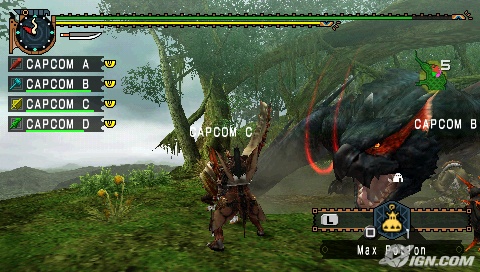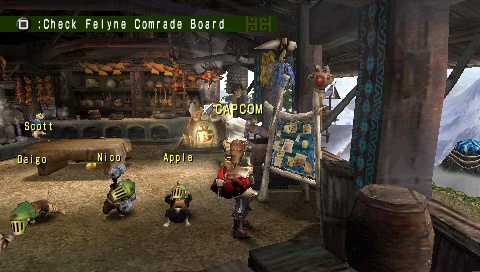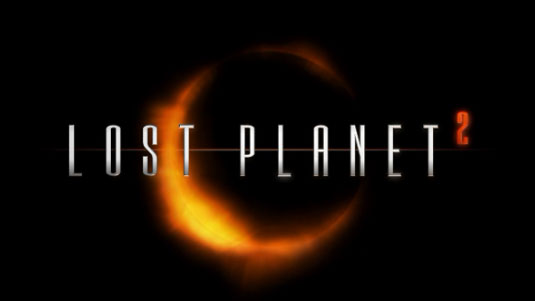This post has not been edited by the GamesBeat staff. Opinions by GamesBeat community writers do not necessarily reflect those of the staff.
Monster Hunter is hugely popular in Japan, but that means very little to us. We live in the United States of America — Call of Duty isn't a bathroom joke anymore, and Halo is something we play instead of wear. Hunting dinosaurs hasn't quite penetrated the mass market here, but that doesn't mean it hasn't influenced how Capcom goes about making games.

Listen: One time I bought Monster Hunter Freedom Unite because I was under the impression that all my friends would gather at a lodge, PSP's in hand, and ad-hoc our little hearts out. The women would make us bologna and cheese sandwiches, and refill our drink of choice — chocolate milk — when our glasses ran low. Instead, I fumbled my way through the tutorial and became dead. In the world of Monster Hunter, monster is code for dinosaur, and big giant sword is code for big, molasses-oar dinosaur-fan.
After time, I wasn't afraid of the harmless bugs and even foraged for food in the shrubs. I befriended cats that cooked better than my mom, and killed a dinosaur with dumb luck. I was on my way to becoming a sort of threat to the dinos, but was by no means a hunter — maybe a give-you-second-thought-before-you-attack-me prey.

After continuous dedication and devotion I "got it," but didn't have any friends who were willing to buy the game and do the same. I also got to the point where advancing to any other dinos that didn't die with my magic dumb luck or big, molasses-oar dinosaur-fan was impossible. Because of these reasons, I reluctantly got rid of Monster Hunter Freedom Unite.
Not long after that, I clogged my broadband connection with a demonstration version of a sequel to a game I could slay the so-called monsters: Lost Planet 2. Turns out, it wasn't much different than Monster Hunter.
There's a page two, don't worry. The article doesn't just end abruptly, that would be weird.
…what are you still doing here?

Cooperating with other games is a treat I savor immensely. I'd much rather play a cooperative game than a competitive one, which is why Monster Hunter was so appealing. From the outset I understood that it would take time and effort to understand the game, and more then just big weapons to defeat the dinos — it would take teamwork and strategy. Yes please!
Capcom knows people like me, people who want a great cooperative game. They understand the joy of working as a team to fell a beast four times your size, which is exactly why I believe Monster Hunter has directly influenced the development of Lost Planet 2: Capcom is trying to get people who don't know the joys of cooperation to give it a shot.
The Lost Planet franchise is well-known in the states and, obviously, did well enough here that Capcom made a sequel to bring stateside.

In the demonstration version of Lost Planet 2 that I jammed up my internet pipeline with, there comes a point where the player has to topple a creature so large, you can actually be swallowed — and live. I never defeated Moby Dick (my nickname for house-a-saur), but the idea of myself and three comrades all helping best Moby Dick had me, and still has me, very eager to see what other foul beasts the game will throw at me — at us. Again: yes please!
For reasons unknown, Monster Hunter isn't as wildly successful here as it is in Japan. But Lost Planet, I think, has a much better shot at converting people to the wonders of cooperative gameplay then most games. And who knows, perhaps Lost Planet 2 will reciprocate the influence and Monster Hunter will catch on a bit better.
What do you guys think?
